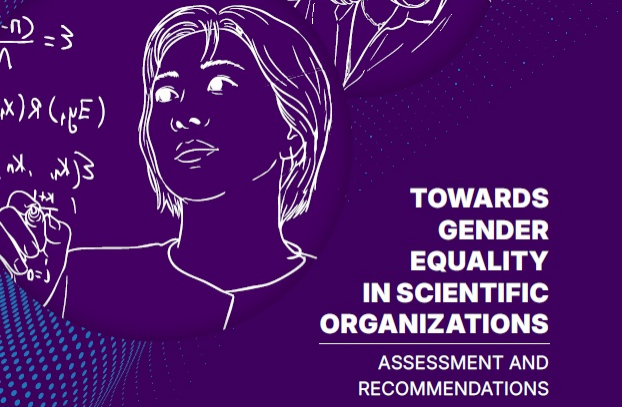Abstract
The purpose of this methodological literature review was to investigate how scholars and practitioners currently measure and judge the effectiveness of disaster education programs for children through evaluation. From a systematic search of the published and gray literature, 35 studies were identified and analyzed to develop a categorization of the operational components of the existing body of research, including the types and sources of evaluations, research methods and designs, research participants, outcome indicators, approaches to analysis, and research limitations. A significant finding is that most of what is known about the effectiveness of disaster education programs for children is based on the results of quantitative studies with children that generally focused on measuring children׳s knowledge of disaster risks and protective actions and child reports of preparedness actions. The majority of descriptive and quasi-experimental studies concluded that programs were effective based on the portion or positive change in children׳s correct answers on surveys, and most correlational studies concluded positive outcomes such as household preparedness were associated with children׳s participation in disaster education programs. However, many of the studies had significant methodological limitations. While there is evidence of valuable knowledge change, there is still very limited empirical evidence of how disaster education programs facilitate children׳s roles in household preparedness, their self-protective capacities, or their likelihood of preparing for disasters as adults. In addition to the need to identify and refine program theory and meaningful outcome indicators, the authors suggest several other opportunities for future research.





